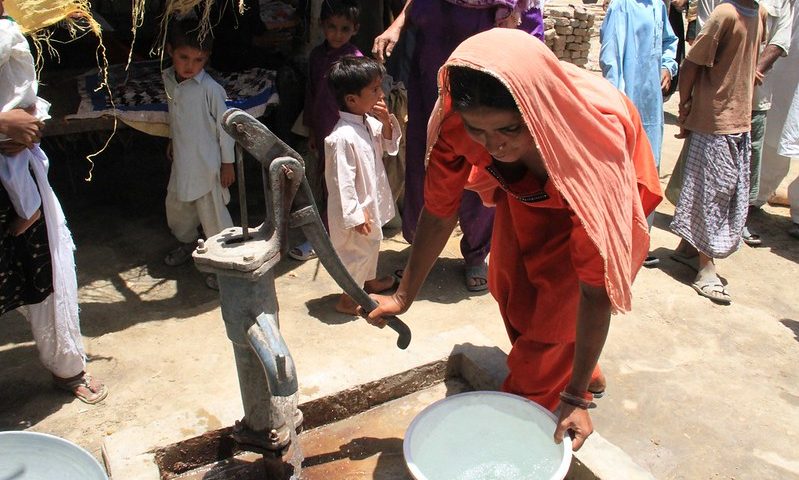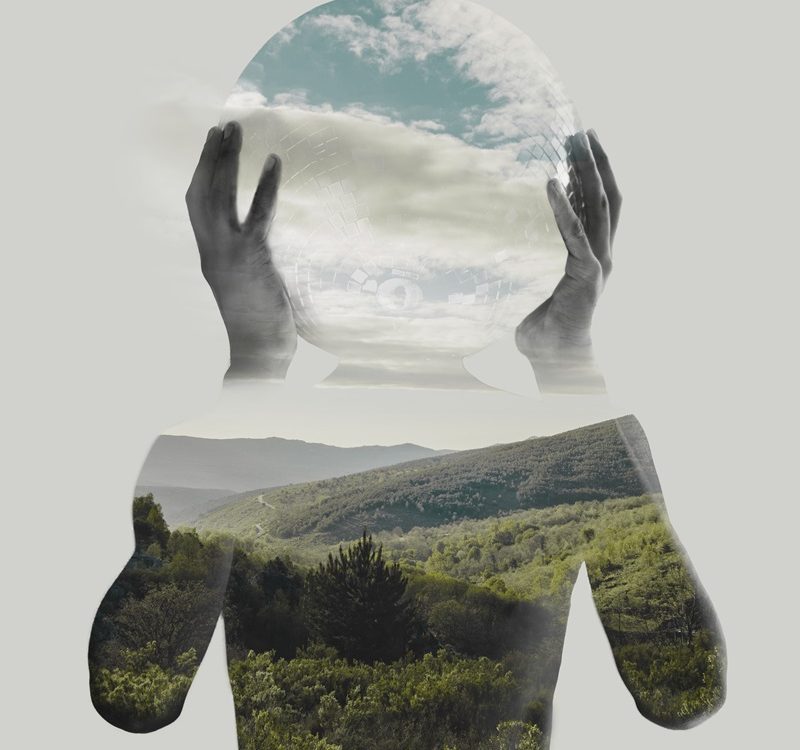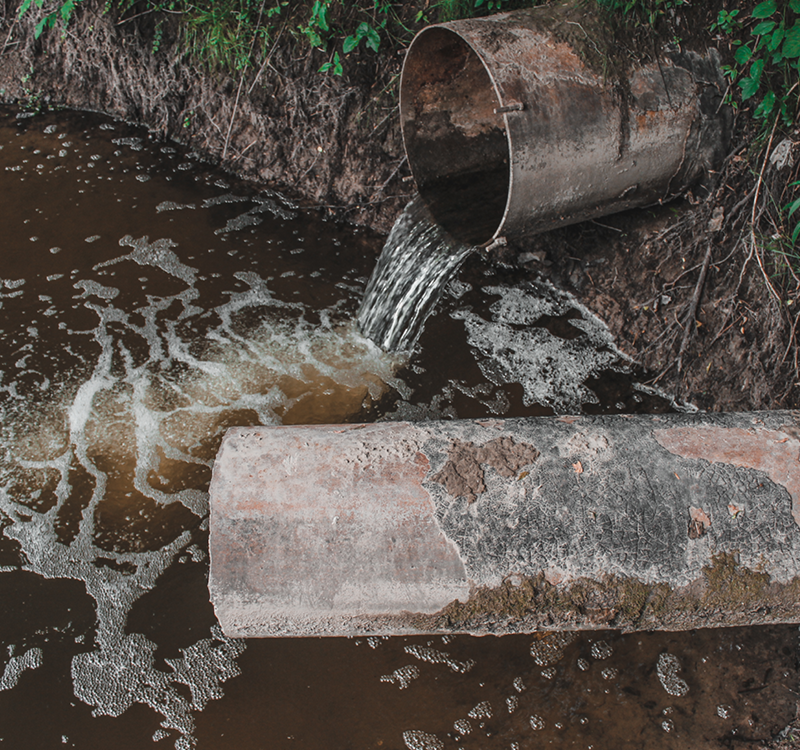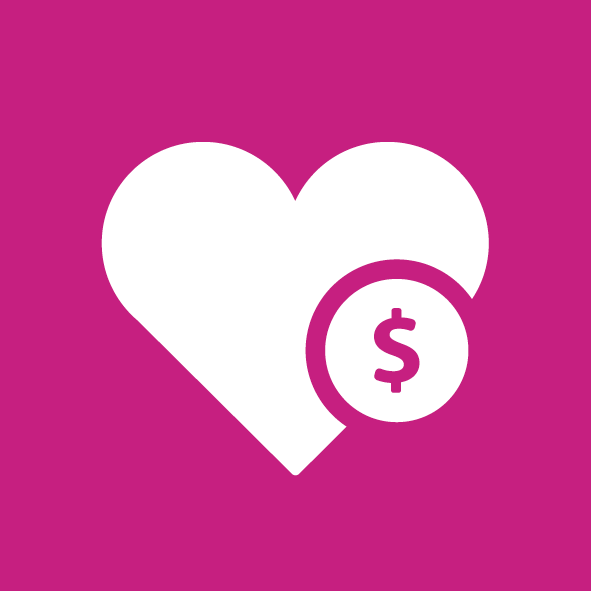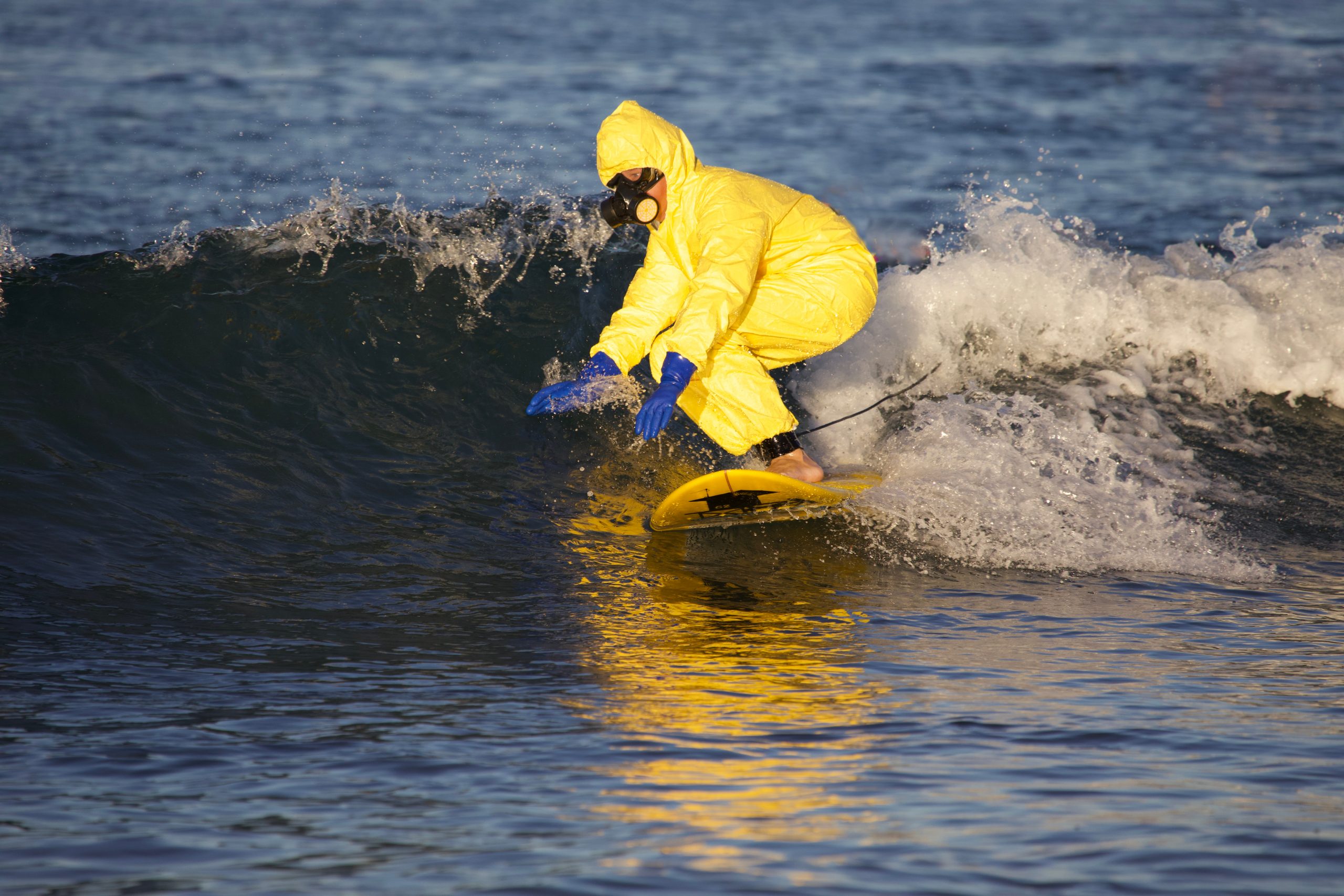
What is the state of our waters?
13. December 2020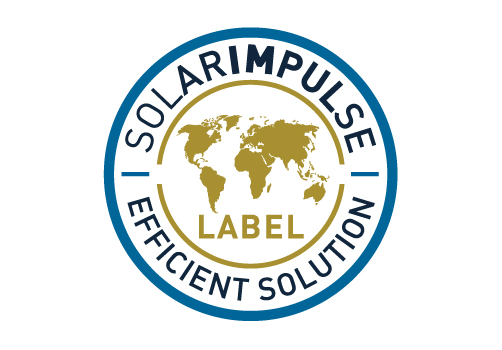
Solar Impulse Efficient Solution
30. January 2021Water - human right or economic good?
Access to
clean water and sanitation
has been a human right since 2010. The question of how to deal with water is the question of ourblog for water without microplastics and micropollutants
.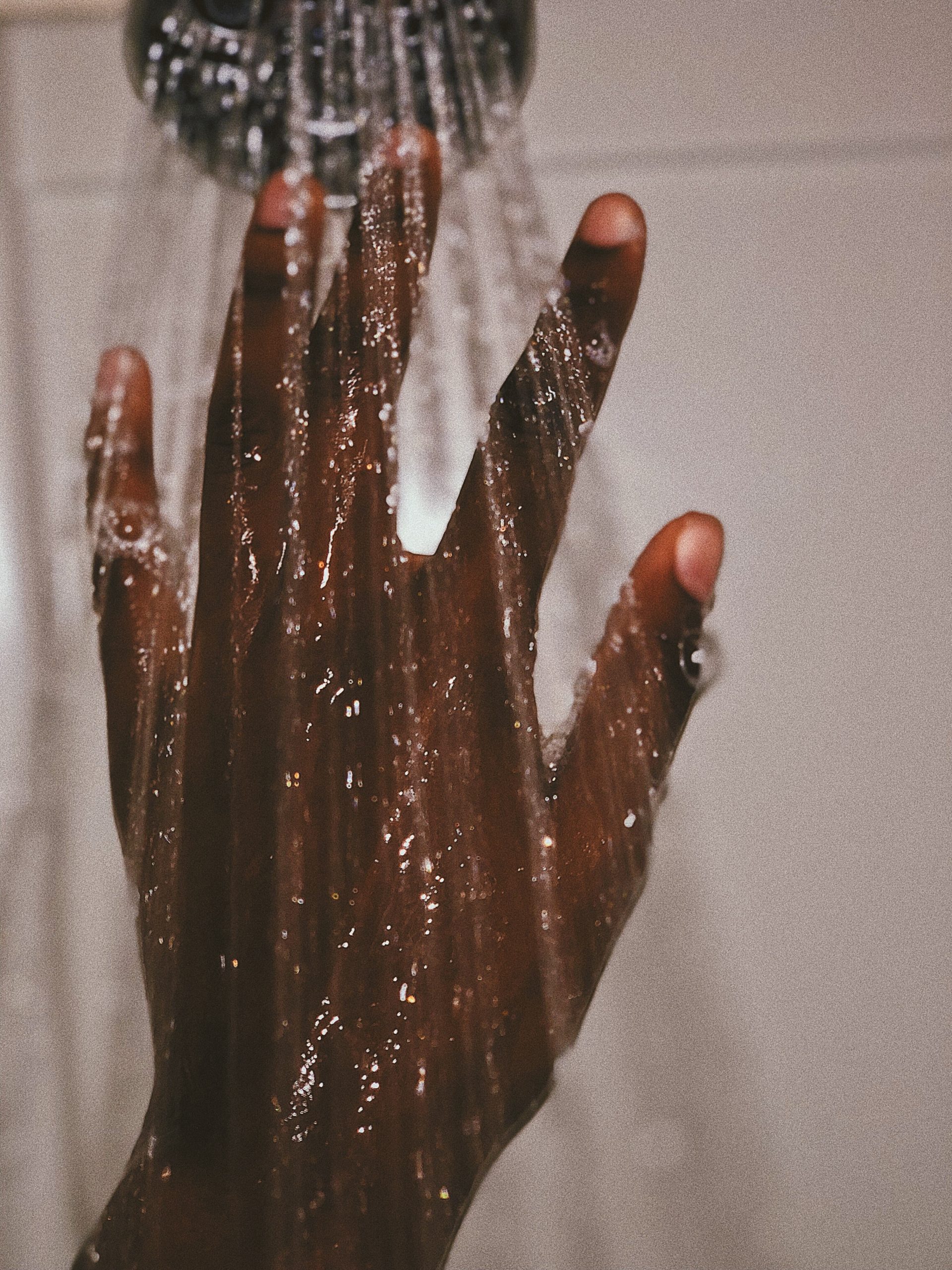
Clean water as a given
In our latitudes, it is almost taken
for granted: clean water
comes out of the tap whenever we want it. We need clean water for drinking, cooking, personal hygiene, cleaning and washing. For Germany, the figure is around 125 liters of drinking water per person per day.If we look at the virtual water consumption, i.e. the water that is used, evaporated or polluted for the production of goods and services, each of us ends up with around 5,000 liters per day. By the time we get out of the shower in the morning, we have already used more water than people in developing countries have available to them for the whole day. According to the World Health Organization (WHO) five liters of drinking water are enough to meet the most
basic needs for drinking, eating and basic hygiene
there. Most of us don't really have to worry about thewastewater we produce
either. That's being taken care of by others - another given.Water becomes scarce
Even in our latitudes we are increasingly confronted with the fact that clean and always available water is not a given. The drought and heat of past years lead to
lower groundwater levels
, to streams and rivers that carry noticeably less water, to dying forests.Precipitation water is the primary form of water supply for human needs and ecosystems. (Micro-)pollutants (such as drug residues or nitrates) from industry, agriculture and our lifestyle additionally burden our water bodies and endanger everything that grows and lives in and around them.
The value of water
For many of us in the Global North, water has no value. The uneven distribution of water resources across the globe explains our often careless, unconscious use of one of the world's scarcest resources. No, not oil, water. Here,
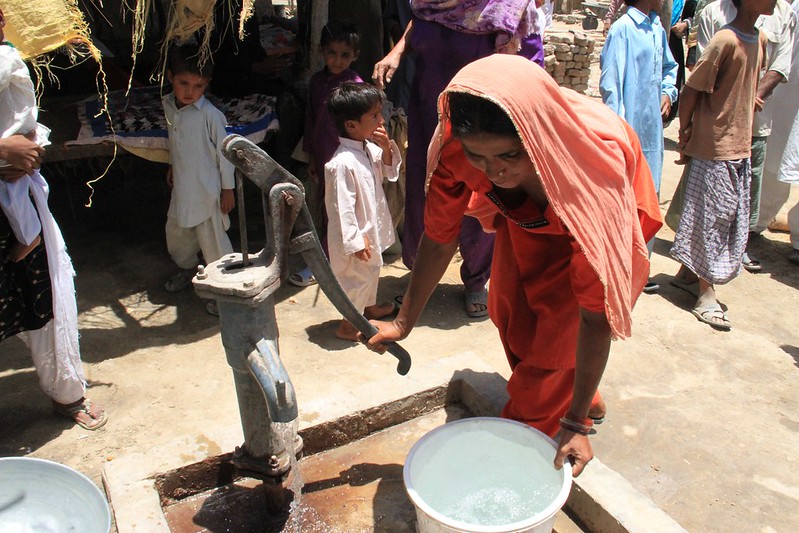
Globally, the availability of
clean water is anything but a given
and subject to geographic, seasonal, and annual variations.Combined with population growth, increasing per capita consumption, environmental pollution, wars or ethnic and political conflicts, this leads to
water scarcity, water shortages
and, especially in the Global South, people talk about a water crisis. Wars andconflicts over water, water as a weapon or water as a target of terrorist attacks
are real scenarios.Access to clean water
is not a givenHere are some facts from the World Health Organization (WHO) as of 2019:
- In 2017, 71% of the world's population (5.3 billion people) used a safe drinking water supply - that is, a supply that is on-site, available when needed, and free of contamination.
- 90% of the world's population (6.8 billion people) used at least a basic supply. A basic supply is an improved drinking water source that is within a 30-minute round trip.
- 785 million people do not have even a basic supply of drinking water, including 144 million people who rely on surface water.
- At least 2 billion people worldwide use a drinking water source contaminated with fecal matter.
- Contaminated water can transmit diseases such as diarrhea, cholera, dysentery, typhoid, and polio. It is estimated that contaminated drinking water causes 485,000 deaths from diarrhea each year.
- By 2025, half of the world's population will live in areas with water scarcity.
- In the least developed countries, 22% of health facilities have no water supply, 21% have no sanitation, and 22% have no waste disposal.
Facts and figures on the state of global sanitation can also be found on the WHO website.
Access to clean water and sanitation has been a human right since 2010.
Neither in the Universal Declaration of Human Rights from 1948 nor in the International Covenant on Economic, Social and Cultural Rights, ICESCR supplemented 20 years later is water an issue.
It was not until 2010 that the United Nations General Assembly adopted the right to "safe and clean drinking water and sanitation" as a human right. Sanitation should be inclusive, and drinking water should be safe, clean, accessible and affordable. 122 countries (including Germany) agreed, while 41 countries abstained (including the U.S.).
So what does this mean?
First and foremost, it is governments and the international community that must ensure that
First and foremost, it is governments and the international community that must ensure that
access to clean water and sanitation
is available globally and to all people. The political, legal and moral dimensions that come into play and the consequences of privatization and national water policies are described in this (German) article on the homepage of Bundeszentrale für politische Bildung in the context of the discussion of other human rights and theestablishment of a human right to water
.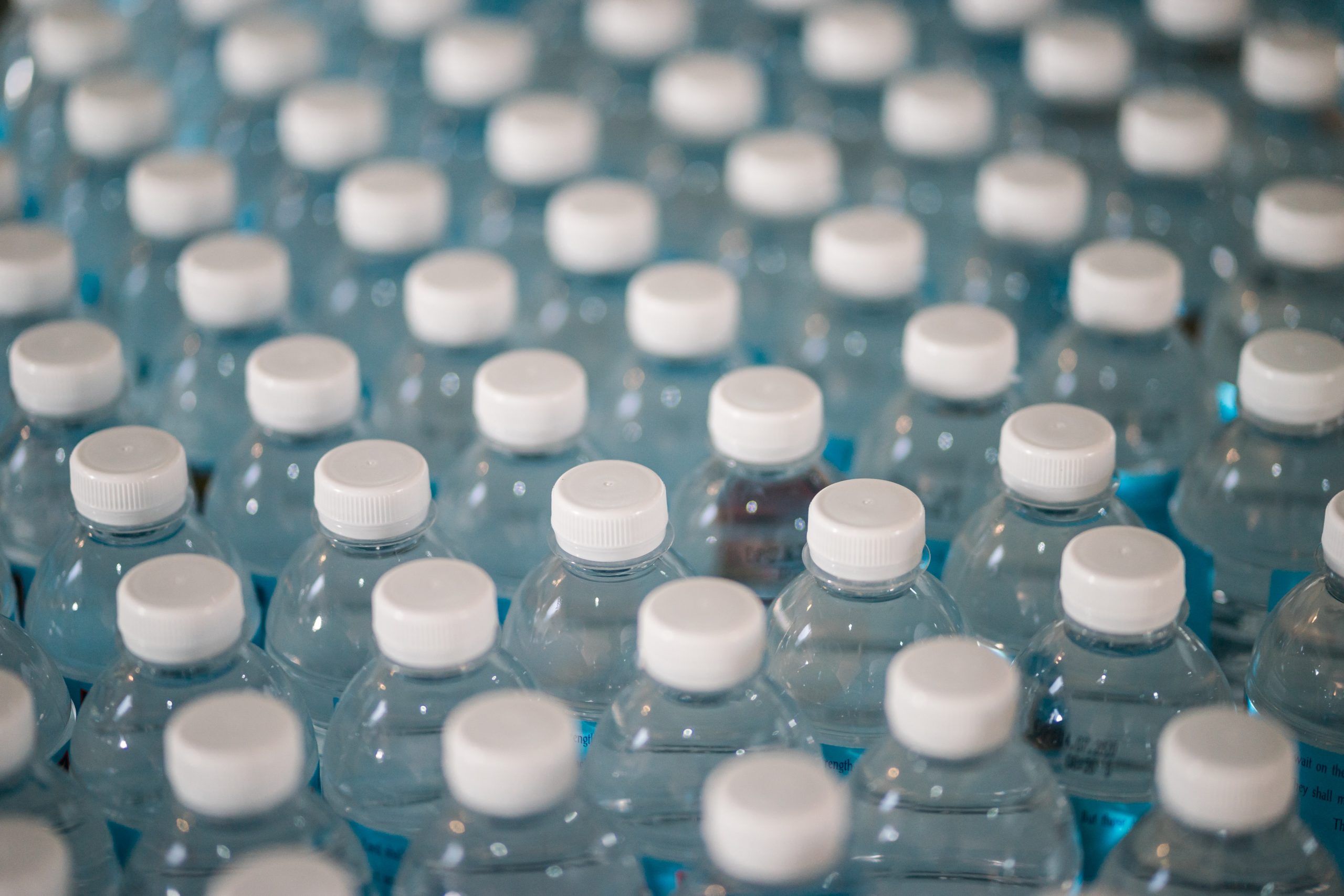
Water as a commodity
That
How this looks like on the part of Nestlé and other large corporations such as Danone and Coca-Cola can be read as an example in this article.
That
water is also considered - and traded - as a commodity and economic good
has also been established on a global level - for example in the Dublin Principles (also: Dublin Statement on Water and Sustainable Development) of the first World Water Forum in 1992. Transnational corporations are active in the water business and influence the quality of life of (future) populations.How this looks like on the part of Nestlé and other large corporations such as Danone and Coca-Cola can be read as an example in this article.
Water between efficiency, profit and social responsibility
Wells, dams, water supply systems are all areas that are caught between efficiency, profit and social responsibility. We at Wasser 3.0 as players in the field of wastewater treatment, also operate in this environment. When it comes to water,
Wells, dams, water supply systems are all areas that are caught between efficiency, profit and social responsibility. We at Wasser 3.0 as players in the field of wastewater treatment, also operate in this environment. When it comes to water,
efficiency cannot be thought of without social responsibility
, just as, conversely, social responsibility cannot be thought of without efficiency. The same applies, in our view, to profits.Wasser 3.0 as sustainability entrepreneur
We have therefore consciously decided to act as a non-profit GmbH (limited liability company) in the sense that we work profit-oriented in our research and innovation projects, but that these profits do not flow into the personal spheres of individuals (shareholders, investors, etc.), but are directly reinvested in research, education and awareness raising projects, according to our statutes. Closely associated to social entrepreneurship, we see ourselves as sustainability entrepreneurs.
3 consequences for our work
For our work,
water being understood as a human right and an economic good
means- putting responsible research, development and innovation at the service of concrete contributions to the implementation of the United Nations Sustainable Development Goals.
- exploring the intersections of intellectual property, patents and common good and consciously positioning ourselves there, for example by communicating our research results open access - that is, accessible to everyone.
- taking ecological and social impact as equally important as economic impact, out of deep conviction and in line with our overall mindset.
Do you have any suggestions for us, have you come across an error or do you have a question? Then we look forward to hearing from you. You can download our infographics free of charge here.

